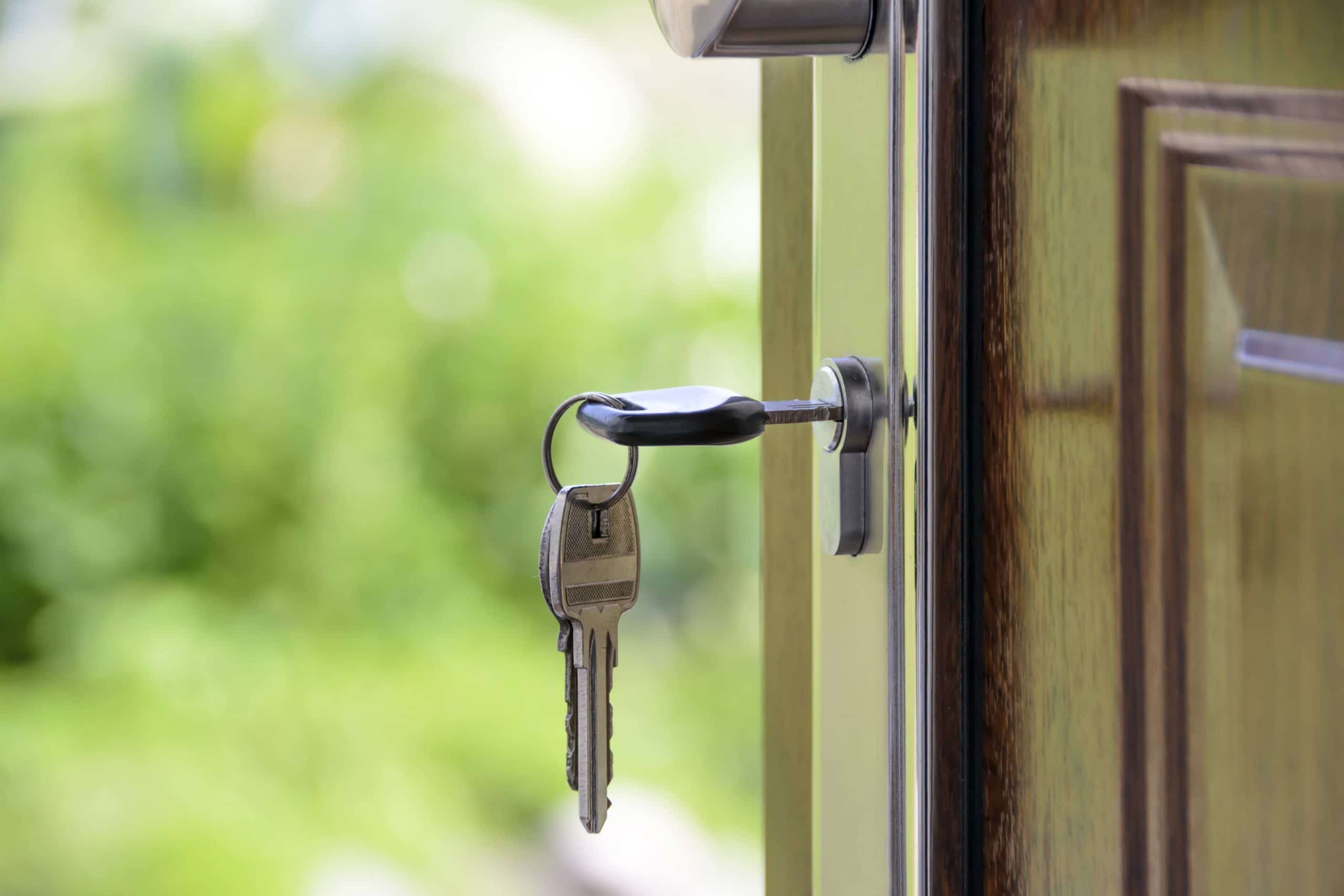Who gets the house in a divorce?
Who gets the house in a divorce? Oftentimes, a house is the most valuable asset a couple owns. In this article, attorney Meredith Lehmann will discuss which spouse can keep the house and what rights the other spouse has in the house.
What can happen to a house in a divorce?
Just like with any asset, each spouse is entitled to an “equitable distribution of the property.” This includes the marital home. This means that each spouse is entitled to a fair percentage of the value of the house. But this doesn’t mean each spouse will get 50% of the value of the house. Equitable does not mean equal. Instead, it means each spouse will get a part of it that is fair to both spouses.
When we look at the value of the house, we look at the equity in the home. Equity is the fair market value of the house minus the balance on the mortgage. Think of equity as the amount of the house that you own vs. what the bank owns. That equity is what is divided between the spouses. How it’s divided can depend on several different factors.
One of two things can happen to the house. Either:
1. The parties can agree to sell the house and split the profits.
This, again, does not mean each spouse will get 50% of the proceeds after the mortgage is repaid. It means that the parties will split the proceeds by an agreement that both consider fair. Otherwise, the Court may order how to split the proceeds.
Another way to get rid of the house is by a Court-ordered sale. The judge may order that the parties sell the house. This only happens in rare circumstances. A judge may order the sale if neither party can afford the house alone. We discuss this in detail below.
2. One spouse stays in the house and buys out the other spouse’s share of home equity.
If one spouse stays in the house, then that spouse has to get the equity from somewhere to buy out the spouse. This can create some challenges.
Let’s say the equity in the home is $50,000. Let’s also say that the spouses are dividing everything 50/50. The spouse that is staying in the house now has to pay the other spouse $25,000 to buy out that spouse’s share. Most people don’t have that kind of cash on hand, so the $25,000 has to come from somewhere else. Oftentimes, it’s in the form of another asset like a car, boat, or a retirement account.
Keep in mind, though, that this buyout can happen in other ways. For example, let’s say the spouse who moves out of the house has a retirement account worth $60,000. Under the same division, the spouse remaining in the house should get $30,000 from that account. But, instead of taking the $30,000, the spouse will only take $5,000 to account for the $25,000 equity buyout in the house.
Can I keep the house?
The spouse who wants to remain in the house has to be able to afford to stay in the house. Generally, this means getting the mortgage refinanced in that spouse’s name only. So the spouse staying in the home has to be able to qualify for a mortgage alone without the other spouse. If the spouse wanting to stay in the home is a stay-at-home parent with no income, this can be very difficult.
But what if a spouse can’t refinance? It’s possible for the other spouse to temporarily pay spousal support by paying the mortgage. Note that this is only a temporary solution. The spouse remaining in the home will need to be able to refinance within a relatively short time. Some people may need to improve their credit before refinancing. We often negotiate how long a spouse has to refinance a house in a settlement agreement. If you have previously filed for bankruptcy, you may not be able to refinance for several years.
But, if the spouse wants to remain in the home but can’t afford it, the judge will force a sale of the home. The parties will then divide the proceeds.
What happens to a house during a divorce if we both want to stay?
If the spouses can’t agree on who remains in the home, the court will make the decision. The court will either let one spouse stay or will force a sale of the home. In making this decision, the court will take into account several factors, for example:
- whether each spouse could afford to remain in the home and refinance the mortgage,
- who has custody of the children
- whether one spouse has health issues that would make moving very difficult,
- whether a spouse has put a significant effort into remodeling or improving the house.
- Or other concerns that may make one spouse more entitled to keeping the house over the other.
Are you ready to file for divorce? Contact us today for a FREE consultation!
What if the home was mine before we married?
If one spouse brought the house into the marriage, then that spouse has a much stronger argument. In this case, that spouse will likely not only stay in the house but also won’t have to buy out the other spouse. When someone owns property before marriage in SC, the judge views it as nonmarital property. This means that it the property was not marital property, and that judges don’t need to divide it.
But there’s an exception to this rule. If the property has been “transmuted” into marital property, there may need to be a buyout. This happens when both spouses have contributed to the house to the point that it’s now marital property. This means the other spouse has a right to some of equity in the house.
For example, let’s say Wife inherited the home before the marriage. Wife and Husband marry. Husband then builds a deck and refinishes the kitchen, adding $50,000 in value to the marital home. Husband has a claim to the added value, at least.
In the same scenario, Wife and Husband lived in the home for 30 years together before divorcing. There’s a strong argument that the home became marital property over the course of time. This would give Husband a larger amount of the home equity.
Let’s take another example. Wife bought the house a couple years before the marriage. Right after the marriage, Husband starts making the mortgage payments every month. Husband then has an interest in the equity he’s helped build in the house by making the payments. It doesn’t matter if the mortgage isn’t in his name.
What if I’m staying in the home but my spouse is on the deed?
You can remove one person from the deed by using a quitclaim deed. A quitclaim deed is a document that is filed with the county. The quitclaim deed states that the signer of the deed is giving up any interest in the property. This does not, however, get the other spouse off the mortgage.
Conclusion
When choosing whether to remain in the home, you need to consider the financial consequences. You’ll need to think about whether you are willing to buy out your spouse’s share in home equity. You also need to make sure you can afford to buy out your spouse. If there’s a mortgage on the property, you need to consider whether you can refinance the mortgage in your name.
Also, if you believe you have a right to remain in your home, you should consult an experienced divorce attorney. At the Maron Law Group, we help you weigh your options and look at the whole picture to help you accomplish your goals.
Contact us for a free consultation today!









